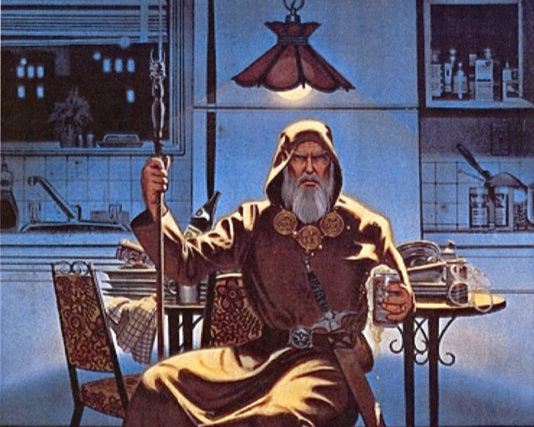The solid and the ethereal, though, have traded traits, and the result is something new and unfamiliar. We no longer have the “spiritual” and the “material” – I would argue that what we have is the “informational” and the “totemic”.
Read MoreIn short, the dominant western conception of self – the Cartesian dichotomy between the mind and the body – is ultimately based on a Roman legal fiction that was originally used to justify slavery. We all conceive of ourselves this way, and it brings with it a cloud of other associations that imply a variety of relations (property and hierarchy, first and foremost) that have been naturalized because this fiction doesn’t make sense without them, and it makes it impossible to root them out so long as the fiction remains in place.
Read MoreCrafting new metaphors is a difficult task: very few of us try to do it regularly, and oftentimes, when we do, it is supposed to apply to a particular situation that will arise once and then never again – and so our metaphors are purpose-made for one thing and one thing only, and it is only an accident when it becomes more generally applied.
Read MoreI believe that the way that we tell stories has a major influence on the way that we conceive of selfhood and acceptable behaviors, and I think that there are some easy ways we can adjust how we construct our narratives that would be helpful and possibly lead to new and interesting story shapes.
Read More



